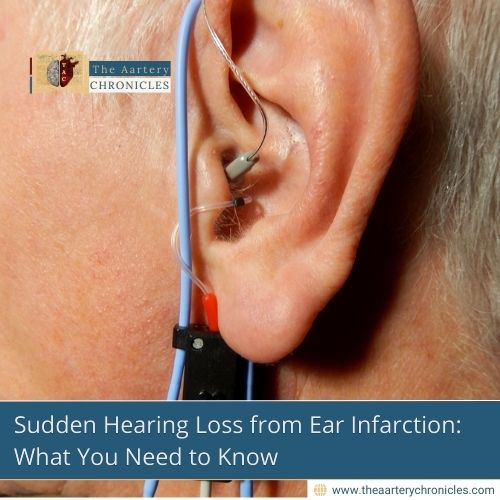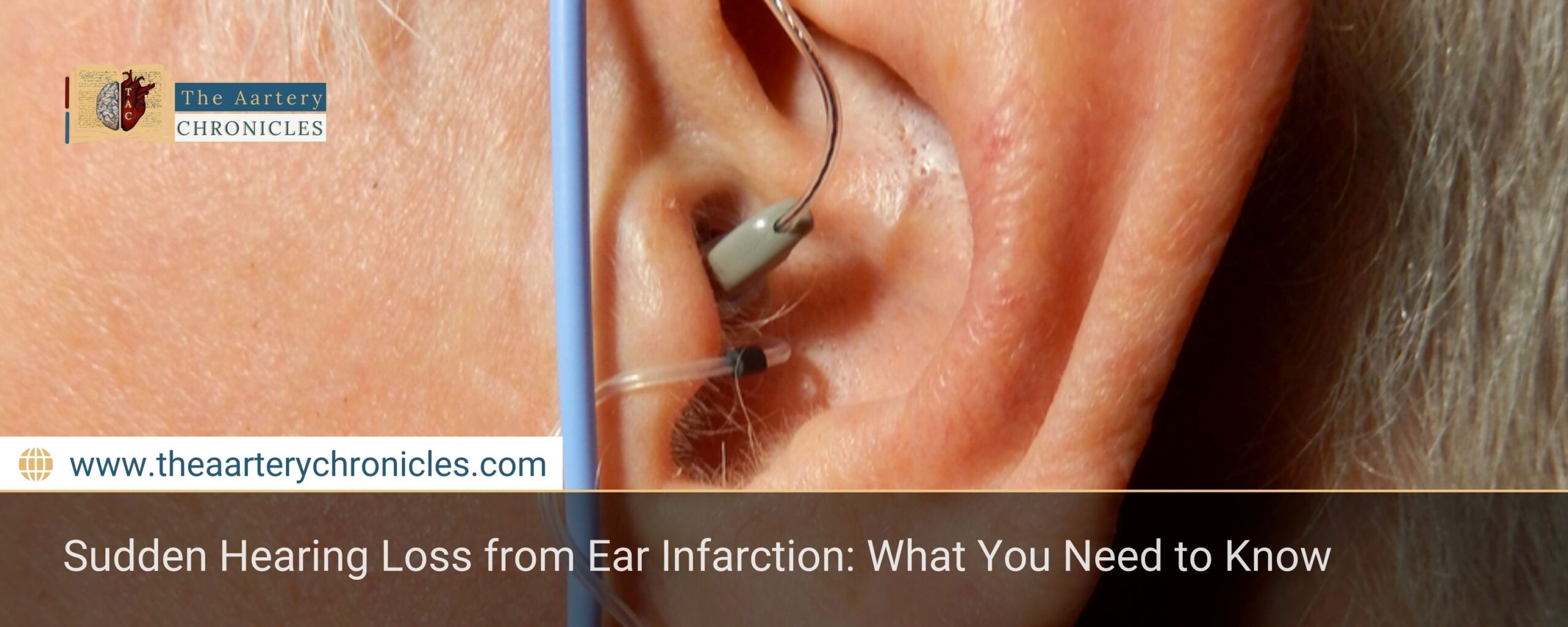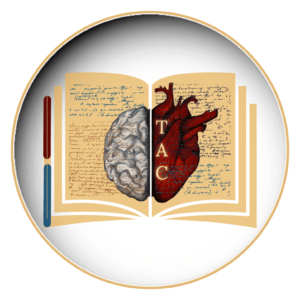

Sudden Hearing Loss from Ear Infarction: What You Need to Know
Introduction
Ear infarction, also known as sudden sensorineural hearing loss, is a rare but serious condition that can lead to sudden hearing loss, often in only one ear. Although not a true heart attack, the term is used to describe the sudden interruption of blood flow to the structures of the inner ear. This phenomenon, similar to a heart attack, can permanently damage the sensory cells responsible for hearing. In this article, we will explore the causes, symptoms, and possible treatments of an ear infarction, to help readers understand how to recognize and treat this condition promptly.
Causes Of Ear Infarction
The exact cause of ear infarction is not always clear, but there are several factors that can contribute to its development. Some of these factors are related to cardiovascular conditions and circulatory problems that can compromise the blood flow to the inner ear.
Circulatory And Cardiovascular Problems
A disruption of blood flow to the ear can be the result of problems such as:
- Atherosclerosis: Plaque buildup in the arteries can narrow blood vessels, preventing adequate blood flow to the inner ear.
- High blood pressure: High blood pressure can damage the small vessels that supply the inner ear, leading to inflammation or blockage of blood flow.
- Heart disorders: Conditions such as heart failure or heart attacks can affect blood circulation throughout the body, including the ear.
Vascular Causes
Sometimes, issues with the tiny blood vessels in the ear can be to blame. Just like a heart attack happens when arteries in the heart get blocked, small clots or blockages can cut off blood flow to the ear. When this happens, the ear cells don’t get the oxygen they need, which can cause permanent damage.
Other Causes
In addition to cardiovascular problems, there are other possible causes that can contribute to ear infarction:
- Acoustic Trauma: Being exposed to extremely loud noises or even loud sounds over a long period can harm the nerves and tiny blood vessels inside the inner ear.
- Autoimmune Diseases: Certain conditions, like vasculitis, can mistakenly target healthy cells in the inner ear. When this happens, it can interfere with blood flow and cause damage.
- Viral infections: Viruses such as herpes zoster oticus can inflame the structures of the ear and cause damage to the blood vessels.
Symptoms Of Ear Infarction
Symptoms can appear out of nowhere, without any warning. Many people suddenly lose hearing in one ear, often accompanied by ringing or buzzing sounds (tinnitus) and a feeling of fullness or pressure in that ear.
Main Symptoms
- Sudden hearing loss: The most common symptom, it often affects only one ear and may be partial or complete.
- Tinnitus: A constant ringing or buzzing in the affected ear, which may persist even after hearing loss.
- Dizziness or unsteadiness: Sometimes, ear infarction is accompanied by balance problems or severe dizziness.
- Nausea: This may be caused by dysfunction of the inner ear, which is responsible for controlling balance.
If one or more of these symptoms appear suddenly, it is essential to seek immediate medical attention. Prompt diagnosis and treatment can improve your chances of hearing recovery.
Diagnosis
Diagnosing an ear infarction requires a careful evaluation by an ENT (ear, nose, and throat) specialist. The doctor will typically carry out a range of tests, which may include:
- Audiometric testing: To assess the level of hearing loss and determine whether it is sensorineural.
- MRI: This can be used to rule out other causes, such as tumors or lesions.
- Blood tests: These can help detect clotting problems or viral infections.
Treatments For Ear Infarction
Treatment for ear infarction varies depending on the underlying cause. Early intervention is key to maximizing the chances of hearing recovery. Here are some common approaches to treatment.
Drug Therapy
The primary treatment usually involves corticosteroids, which can be taken by mouth or injected directly into the middle ear (a method known as intratympanic injection). These medications work to reduce inflammation in the inner ear and help restore blood flow.
Hyperbaric Oxygen Therapy
In certain cases, hyperbaric oxygen therapy may be recommended. This treatment helps increase the amount of oxygen reaching the damaged tissue in the inner ear, which can support the healing process and potentially speed up the recovery of sensory cells.
Surgical Treatments
In cases where a blood clot blocks blood vessels, surgery may be necessary to remove the blockage and restore blood flow.
Physiotherapy For Balance
If the patient suffers from dizziness or balance problems, specialized physical therapy can help manage these symptoms, improving the quality of life.
Ear Infarction Summary Table
Symptoms | Cause | Treatments |
Sudden hearing loss | Circulatory problems | Corticosteroids |
Tinnitus (ringing or whistling) | Atherosclerosis | Hyperbaric Oxygen Therapy |
Dizziness and instability | Thrombi or emboli | Surgery |
Nausea | Viral infections, acoustic trauma | Physiotherapy for balance |
Conclusion
Ear infarction is a serious condition that can cause sudden, often irreversible hearing loss. It is essential to recognize the symptoms early and seek immediate medical attention. Although treatments such as corticosteroids and hyperbaric oxygen therapy can help improve the prognosis, prevention is essential. Maintaining good blood pressure control and adopting a healthy lifestyle can reduce the risk of vascular problems and, consequently, ear infarction.









